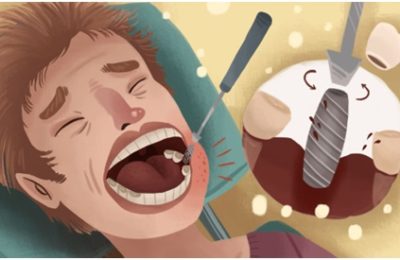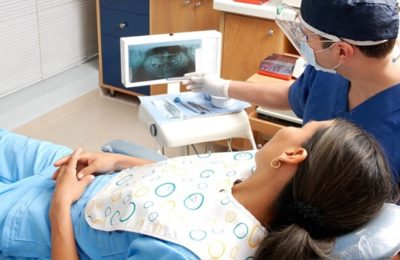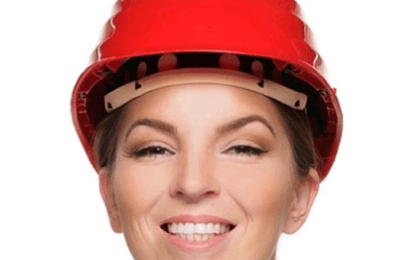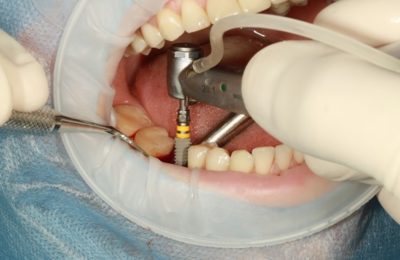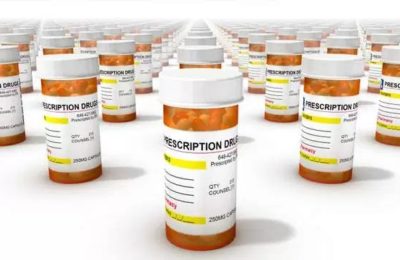Drug Rehabilitation identifies all kinds of medical and Psychotherapeutic treatments for psychoactive substance addiction. The main aim of rehab is to make sure that patients stop substance abuse so as to prevent psychological, legal, social, fiscal, and physical effects of drug abuse . You will find a wide selection of materials which people abuse involving prescription medication, alcohol, and street drugs (heroin, cocaine, amphetamines).
Psychological Rehab by Drug Rehab Programs
Many drug rehab programs have to cope essentially with the challenges of emotional dependency. Normally, patients are educated new ways of relating with others and the surroundings so as to guarantee that they flourish in medication free environment.
They are encouraged to reduce ties with friends who abuse medications, drug sellers, and some other actions which could eliminate their drug abuse. Most programs also highlight that permanent recovery is a procedure without a peak; therefore, encouraging addicts to strive harder to give up addiction even if there are false starts.
Kinds of Drug Rehab Programs
There are a number of drug rehab programs such as…
- Home treatment
- Outpatient
- Extended care centres
- Neighborhood support teams
- Sober homes
- Mental health
- Addiction counselling
Some programs are gender or age specific. Successful therapy plans will also concentrate on many different requirements of the addict rather than focusing on addiction independently.
Normally, drug rehabilitation programs will operate out of detoxification, Medicine (if appropriate), behavioral treatment and relapse prevention. The applications will typically concentrate on the emotional health and healthcare needs of the addict and follow up every therapy with support programs, for example family-based or community-based support. In all of the rehabilitation center, patients are encouraged to make sure they persist to healing.
Addiction to your prescription drugs may be treated by management of different medications.
Behavioral Therapy Drug Rehab
There are various kinds of behavioral strategies. Cognitive behavioral therapy enables the addicts to recognize, maintain and deal with all sorts of scenarios that are exposed to them. Motivational interviewing is designed to inspire patients to enter therapy, alter behaviour and adhere to healing approaches.
In behavioral therapy, the main focus is placed on problem solving techniques. The addicts are helped by therapists to recognize that they have a problem. Behavioral therapists examine the addict’s behaviour before creating viable models for handling the addict, community and family to overcome the addiction.
Physical Therapy and Addiction Recovery
Some addicts consider themselves as undesirable losers and failures in society that wish to”cool down” their heads and depressive states by taking drugs. From the start, drug users think they could take care of their situation as well as after deciding to steer clear of drugs, they still harbor the opinion they can control taking drugs and this progresses into worse addiction.
Cognitive therapists attempt to discover the addict’s beliefs, examine them seriously and demonstrate their worth in the world. The therapist discusses a good deal with the addict, providing homework assignments to help in solidifying the benefits of this treatment. By altering the addicts’ method of faith, strengthening the capability to confront relapse provoking conditions, and also the capability to make proper decisions, the therapist helps the addict to recuperate.
Inevitability of Counseling in Drug Rehab Programs
Counseling is Essential in diagnosis of problems and Behaviors that activate and encourage addiction. Counselors help these addicts, assisting them to come back to healthy behaviours and resist temptation relapse. Rehabilitation counselling can be weekly or daily, emergency or drop-in, Initiated by friends or loved ones. Counseling is valuable in breaking down denial (individual or unwillingness of the individual to take, do it or Enhance on the dependency problem).



